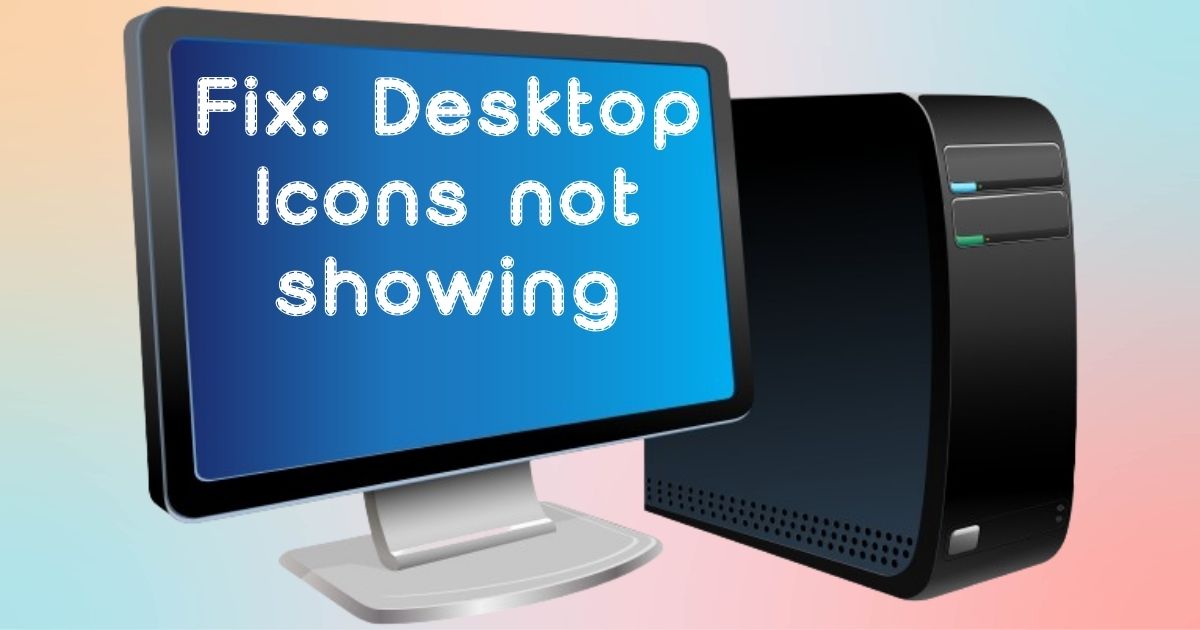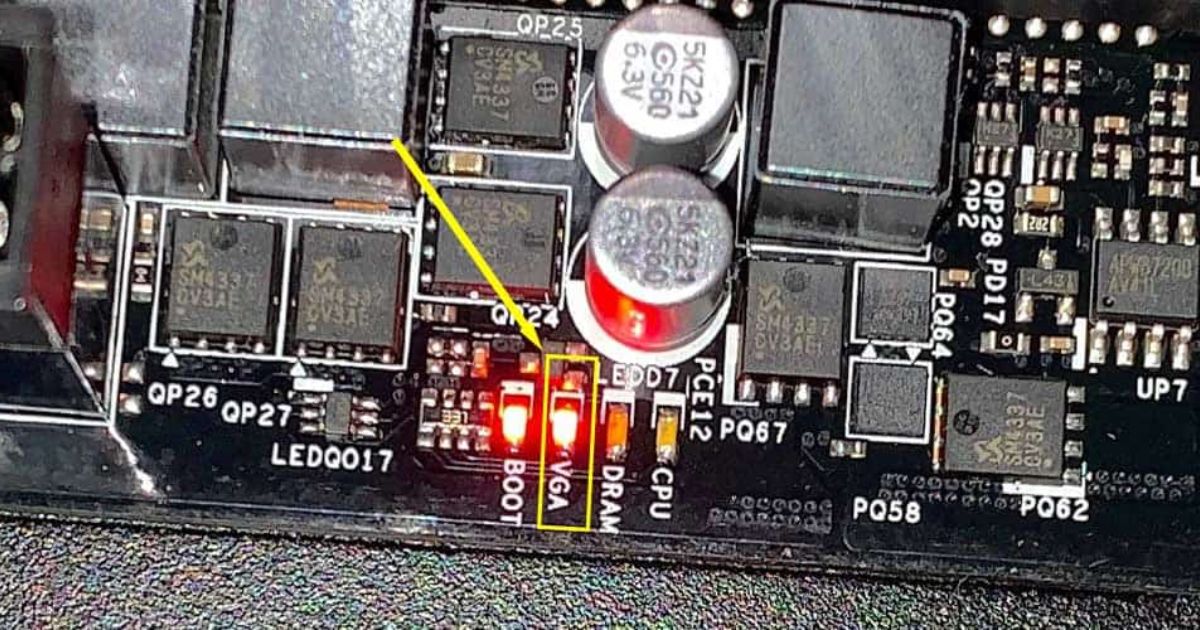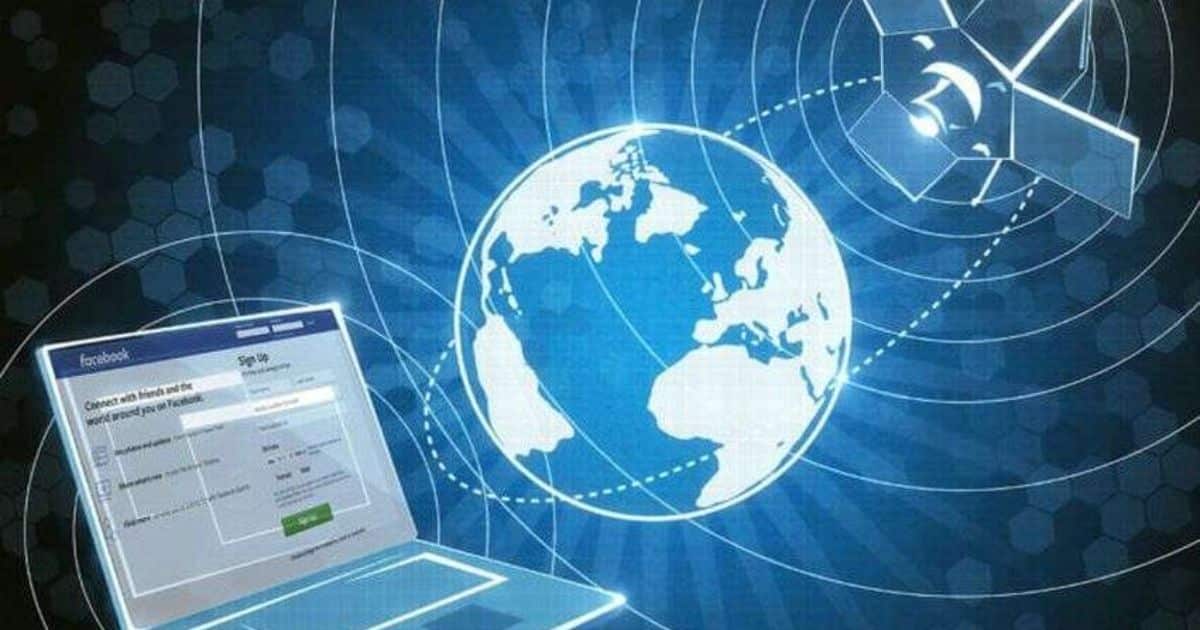Did you know that over 50% of internet users have experienced being booted offline on their PC at least once? If you’ve ever wondered how this happens and how you can protect yourself, this article is for you. In this comprehensive guide, we will delve into the intricacies of booting someone offline on a PC, exploring various methods, legal implications, and ways to safeguard your online presence. Join us as we navigate this complex landscape and empower you with the knowledge to defend yourself against such attacks.
Key Takeaways
- Booting someone offline involves launching a targeted attack on their IP address.
- Obtaining the IP address of the target is the first step in booting someone offline.
- Different methods such as denial of service (DoS) attacks or exploiting software vulnerabilities can be used to boot someone offline.
- Booting someone offline is illegal and can result in severe legal consequences.
Understanding the Basics of Booting Someone Offline on a PC
To effectively boot someone offline on a PC, it is essential to comprehend the fundamental principles behind this process. Booting someone offline involves launching a targeted attack on their IP address, which disrupts their network connections. This can be achieved by flooding their network with a high volume of packets, overwhelming their devices and causing their internet connection to slow down or disconnect entirely. There are various tools available for download that can assist in carrying out such an attack.
Locating and Obtaining the IP Address of the Target
One of the first steps in booting someone offline on a PC is to locate and obtain the IP address of the target. This information is crucial as it allows the attacker to direct their attack towards the intended user. To acquire the IP address, individuals often turn to IP booter services or visit IP booter sites, which provide unauthorized users with the means to launch attacks on individual users. It is important to note that such actions are illegal and unethical.
Exploring Different Methods to Boot Someone Offline
Through thorough analysis and research, various techniques can be explored to effectively boot someone offline on a PC. Denial of service (DoS) attacks are commonly used to disrupt the connection of a person, player, or user to a server or network. This can be achieved through flooding the target’s network with excessive traffic or exploiting vulnerabilities in their software. Additionally, a malicious user can use specialized tools to overload a router or even target the target’s mobile device. However, it is important to note that engaging in such activities is illegal and can have severe legal consequences.
Explaining the Legal Implications of Booting Someone Offline

Engaging in activities that boot someone offline, such as denial of service attacks or network flooding, is illegal and can result in severe legal consequences. These actions involve deliberately overwhelming an individual’s internet connection or wireless connection, rendering it inaccessible. Perpetrators often utilize booters, which are programs specifically designed to launch powerful attacks on a target’s public IP address. Not only can these attacks disrupt online games or cause server crashes, but they also violate the law and may lead to criminal charges and penalties.
Detecting if You Have Been Booted Offline While Gaming
Determining whether you have been booted offline while gaming can be a crucial step in identifying potential disruptions to your gameplay experience. If you suddenly find yourself disconnected from your fellow players or unable to access party chat, it could be an indication that someone has intentionally booted you offline. Look out for sudden and repeated disconnections, unusual messages or actions from other players, or persistent connection issues that occur only during gaming sessions. If you suspect foul play, consider contacting your server provider or checking your internet-connected device for any signs of unauthorized access.
Uncovering the Potential Consequences of Being Booted Offline
One significant consequence of being booted offline is the potential loss of progress or unsaved data, as it can disrupt ongoing tasks or gaming sessions. When someone is booted offline, their connection to the internet is forcefully severed, preventing them from accessing online resources such as game servers or hosting servers. This can result from various factors, such as a wrong IP address, issues with the WiFi network, or deliberate actions by someone using a proxy server. It is important to ensure that legitimate requests are made to avoid wrongly booting someone offline and causing unnecessary disruptions to their online activities.
Tips and Techniques to Protect Yourself From Being Booted Offline

There are five essential tips and techniques that individuals can employ to safeguard themselves from being booted offline:
- Use a virtual private server (VPS) or dedicated server to protect your IP address.
- Utilize a reliable DNS server to prevent DNS-based attacks.
- Be cautious of superfluous requests and avoid clicking on suspicious links.
- Implement anti-DDoS software to defend against multi-system attacks.
- Stay updated on security measures to mitigate application layer attacks.
Recommended Tools and Software for Booting Someone Offline
When considering the task of booting someone offline, it is important to carefully evaluate and select the appropriate tools and software to effectively carry out the process. There are several recommended tools and software available to assist in booting someone offline. It is crucial to choose tools that are contextually relevant and specifically designed for this purpose. These tools can be used on a PC to initiate the booting process, ensuring that the desired outcome is achieved.
Preventing and Blocking DDoS Attacks on Xbox and PS4
To effectively safeguard against DDoS attacks on Xbox and PS4, it is imperative to regularly and proactively implement preventive measures while also employing robust blocking techniques. Here are five essential steps to protect your gaming experience:
- Regularly update your gaming console’s firmware
- Use strong and unique passwords for your gaming accounts
- Avoid clicking on suspicious links or downloading unauthorized software
- Enable network firewalls and utilize virtual private servers (VPS) or dedicated servers
- Be cautious of sharing personal information, such as your public IP address, in online gaming communities.
Removing Unauthorized Users From Your Wifi Network

In order to effectively protect your wifi network from unauthorized users, it is crucial to regularly review and remove any individuals who do not have permission to access the network. This can be achieved by identifying their wifi address or exact IP address and blocking them from your network. It is also important to secure your network with a strong password and change it periodically. Additionally, familiarize yourself with common router IP addresses to access your network settings. By taking these precautions, you can ensure a secure network and keep your network resource unavailable to unauthorized users.
Frequently Asked Questions
How Long Does It Usually Take to Boot Someone Offline on a Pc?
It is difficult to provide an exact timeframe for booting someone offline on a PC, as it depends on various factors such as network speed, security measures, and the attacker’s expertise.
Can Booting Someone Offline on a PC Cause Permanent Damage to Their Device?
Booting someone offline on a PC does not typically cause permanent damage to their device. However, it is important to note that engaging in such activities is unethical and may violate laws regarding unauthorized access and computer misuse.
Is It Possible to Track the Person Who Booted Me Offline While Gaming?
Tracking the person who caused you to be booted offline while gaming is challenging. It requires expertise in network forensics and cooperation from internet service providers. However, it is possible to trace the source of the attack with the right tools and assistance.
Are There Any Legal Actions I Can Take Against Someone Who Boots Me Offline on a Pc?
While it is possible to take legal actions against someone who boots you offline on a PC, the appropriate course of action depends on various factors such as jurisdiction and evidence availability.
What Are the Signs That Indicate I Have Been Booted Offline While Gaming?
Signs of being booted offline while gaming include sudden disconnections, lag spikes, inability to connect to game servers, and error messages. These indicators can disrupt the gaming experience and may require troubleshooting or contacting technical support for assistance.
Conclusion
In conclusion, while the concept of booting someone offline on a PC may seem intriguing to some, it is important to understand the legal implications and ethical considerations involved. Engaging in such activities can result in serious consequences. It is crucial to prioritize online safety by taking measures to protect oneself from being booted offline and by utilizing recommended tools and software. Remember, just as removing unauthorized users from your wifi network ensures security, practicing responsible online behavior protects both individuals and the internet community at large.

Brook over 3 years of professional gaming, esports coaching, and gaming hardware reviews to provide insightful expertise across PC, console, and mobile gaming.










